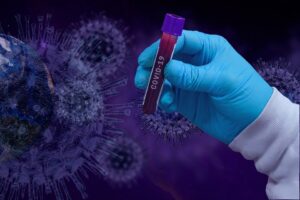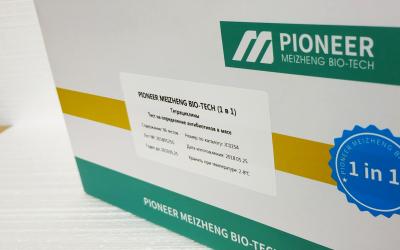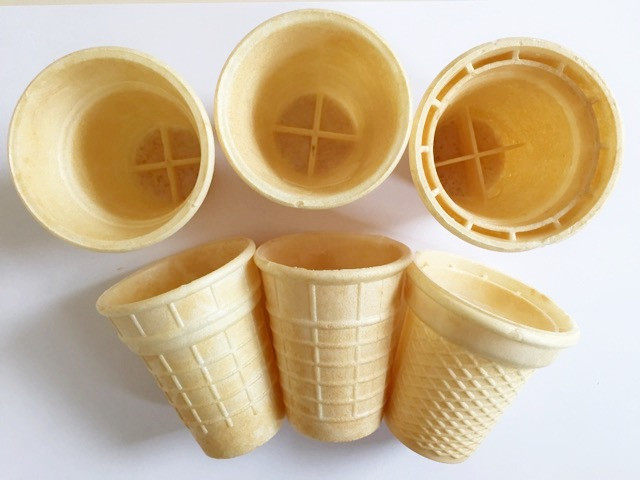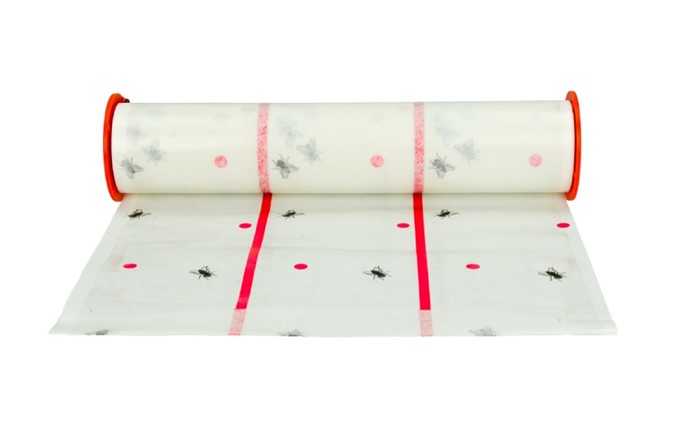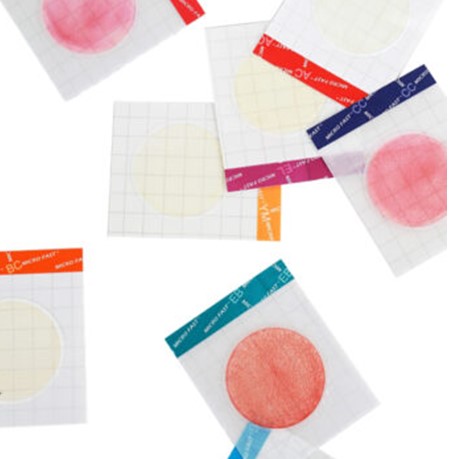The Nobel Prize in Medicine was given for the creation of vaccines against COVID-19
Hungarian biochemist Katalin Karikó and American Drew Weissman won the Nobel Prize in Physiology or Medicine in 2023 for their discoveries that led to the development of effective mRNA vaccines against covid-19 .
“The discoveries of Catalin Carico and Drew Weissman played a critical role in the development of effective mRNA vaccines against COVID-19 during the pandemic that began in early 2020,” the Nobel Committee said in a statement. Vaccines based on this technology included those from Pfizer and Moderna.
The amount of the award will be 11 million Swedish kronor, that is, about $1 million.
Karikó began working in science in the late 1970s in her native Hungary; in the mid-1980s, she moved to the United States , where, together with Dr. Elliott Barnatan of the University of Pennsylvania, she created mRNA that could be incorporated into target cells in vitro (in a test tube). After meeting Weissman, Kariko participated in a clinical study on the use of double-stranded RNA to treat various diseases, and in 1990 she submitted a grant application proposing the creation of mRNA-based gene therapy. Subsequently, Kariko and Weissman, using injections of synthetic mRNA, increased the production of erythropoietin, a hormone prescribed to treat some forms of anemia, in laboratory mice and monkeys.
In September 2021, Kariko and Weissman became winners of the Breakthrough Prize for developing technology for producing modified mRNA. The award was founded in 2013 by a group of entrepreneurs, including Yuri Milner, Mark Zuckerberg and Sergey Brin.
The 2023 Nobel Prize winners in physics will be announced on October 3. Then, on October 4, the Nobel Prize winners in chemistry will be announced in Stockholm, on October 5 - in literature, and on October 9 the winner of the prize in economics will be announced. And on Friday, October 6, the next Nobel Peace Prize winner will be named in Oslo.
Read PIONERPRODUKT .by A popular sweetener may be considered dangerous. Why the market doesn’t care There are no conflicts and everyone is a genius: nine myths about top teams Delivery of goods from the EU . Why importers choose Turkey and not Kazakhstan From CHINA through Iran: how Russian logisticians are testing new import routesThe Nobel Prize in Physiology or Medicine has been awarded since 1901. Until 2023, 225 people have received the award, including 12 women. 40 times the prize was awarded to one scientist, 34 times it was divided between two laureates and 39 times between three (more than three scientists at the same time cannot receive one Nobel Prize, according to current rules).
The youngest Nobel Prize winner in medicine, Canadian diabetes activist Frederick Banting, was 32 years old when he was awarded in 1923. The oldest laureate was 87-year-old Peyton Rose in 1966, awarded “for the discovery of oncogenic viruses.”
In 2022, the Nobel Prize in Physiology or Medicine was awarded to Swedish biologist Svante Pääbo for his work on “the genomes of extinct hominids and human evolution” and the creation of paleogenomics. The works of Paabo and his collaborators help answer the question of what exactly makes modern people unique and distinguishes them from their “relatives” who lived on Earth many thousands of years ago. In 2021, Americans David Julius and Ardem Pataputyan won the Nobel Prize in Physiology or Medicine “for their discovery of temperature and touch receptors.”

